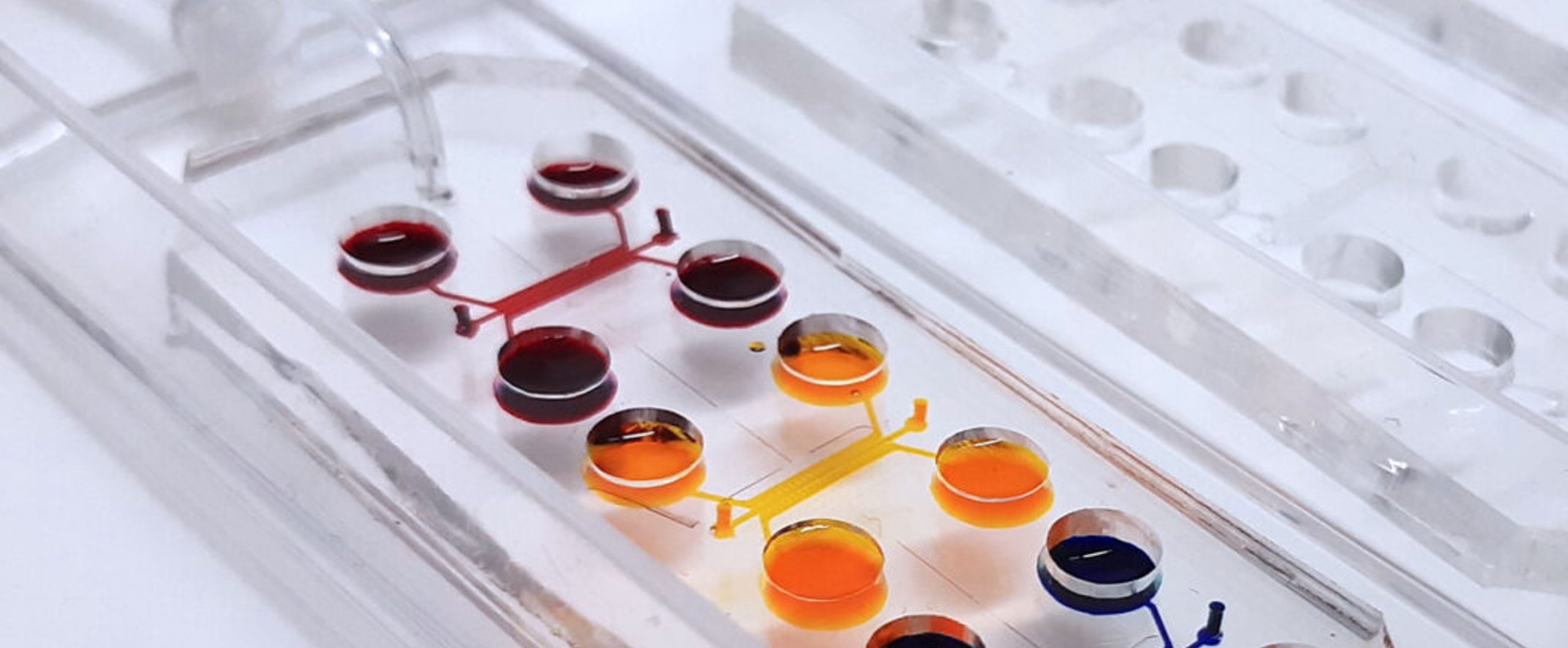
The Team
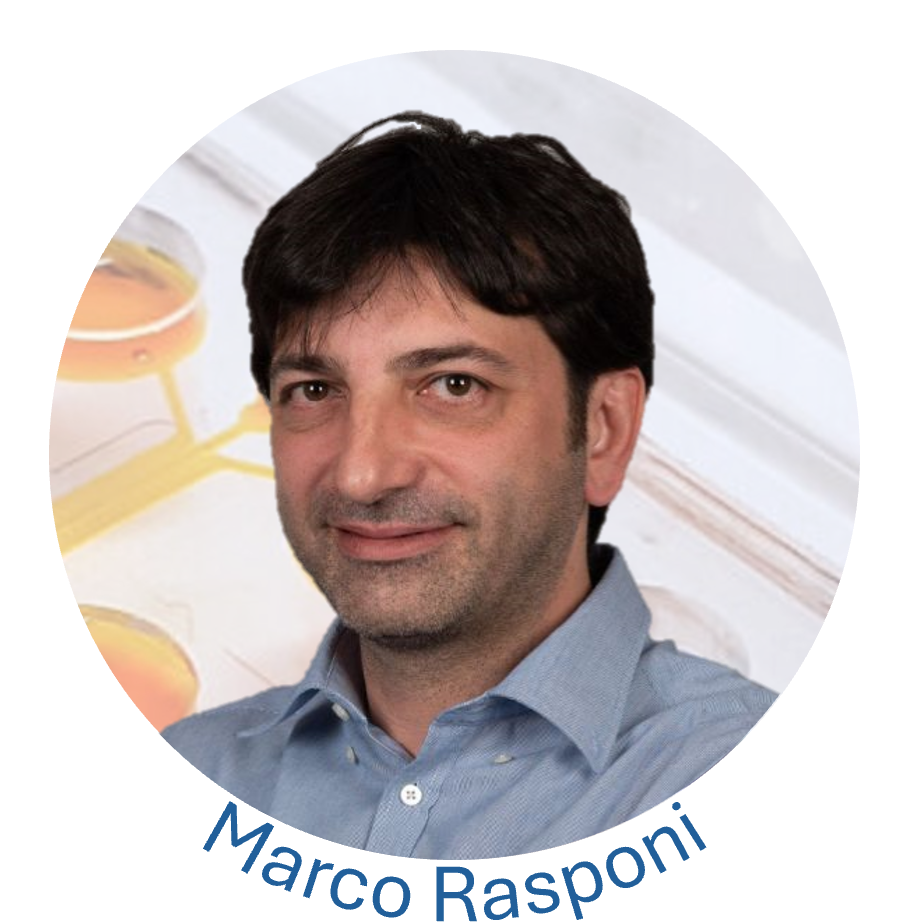
Marco Rasponi, PhD, Associate Professor
Marco Rasponi is Principal Investigator in the Microfluidics and biomimetic Microsystems Laboratory (MiMic Lab).
He has a Master degree in Biomedical Engineering from the Politecnico di Milano (2002) and has obtained a PhD degree in Mechanical Engineering in 2006 on design of MEMS devices aimed at the biomedical use. In 2006 he was awarded the Fondazione Rocca fellowship and from January 2007 to May 2008 he worked as postoctoral fellow at the Mechanical Engineering Department of MIT. Since 2015 he serves as Assistant Professor at the Department of Electronics, Information and Bioengineering of Politecnico di Milano. His main research activity involves the design of microfluidic devices for biological applications.
He is author of more than 40 scientific articles in peer-reviewed international journals, 5 book chapters, inventor in 6 patent applications and co-founder of BiomimX, spin-off Company of Politecnico di Milano.
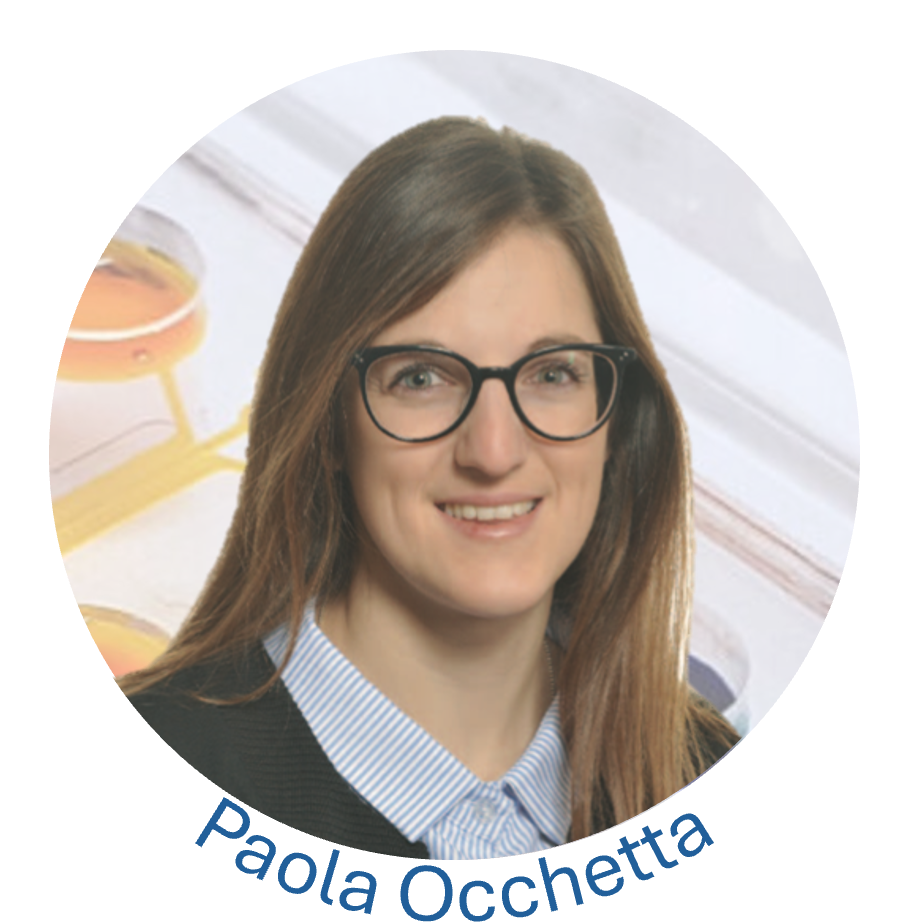
Paola Occhetta, PhD, Associate Professor
Paola Occhetta was born in 1987. She got her Bachelor’s degree in Biomedical Engineering in 2009 from the Politecnico di Milano with a thesis about the genetics of atrial fibrillation. She spent the first year of Master degree at the Virginia Polytechnic Institute and State University of Blacksburg (Virginia, U.S.), where she attended for two months the Cellular Engineering Microsystems Labs (Advisor: Dr. R.V. Davalos). She obtained her Master Degree in Biomedical Engineering from Politecnico di Milano in 2011. Her master thesis, performed in collaboration with the Cell and Tissue Engineering Lab of IRCCS Istituto Ortopedico Galeazzi (Milano), concerned the synthesis and characterization of photopolymerizable hydrogels used as biomimetic matrices, focusing on applications in combination with microfluidic platforms. She got her PhD degree in Bioengineering in 2015 from the Politecnico di Milano with a dissertation focused on the development of advanced microfluidics platforms as in vitro models for investigating the role of microenvironmental signaling on stem cell fate. During her PhD, she spent five months at the Tissue Engineering Laboratory (Advisor: Prof. Dr. Ivan Martin) of the University Hospital of Basel (Switzerland) and other six months at the Tissue Engineering and Microfluidics (TEaM) Laboratory (Advisor: Prof. Justin Cooper-White) of the University of Queensland (Australia). She currently has a post-doc position at the Department of Electronics, Information and Bioengineering of Politecnico di Milano. Her current research activity concerns the design and development of advanced microfluidic devices for the generation, culture and analysis of three-dimensional cellular constructs for applications in the fields of regenerative medicine and drug screening.
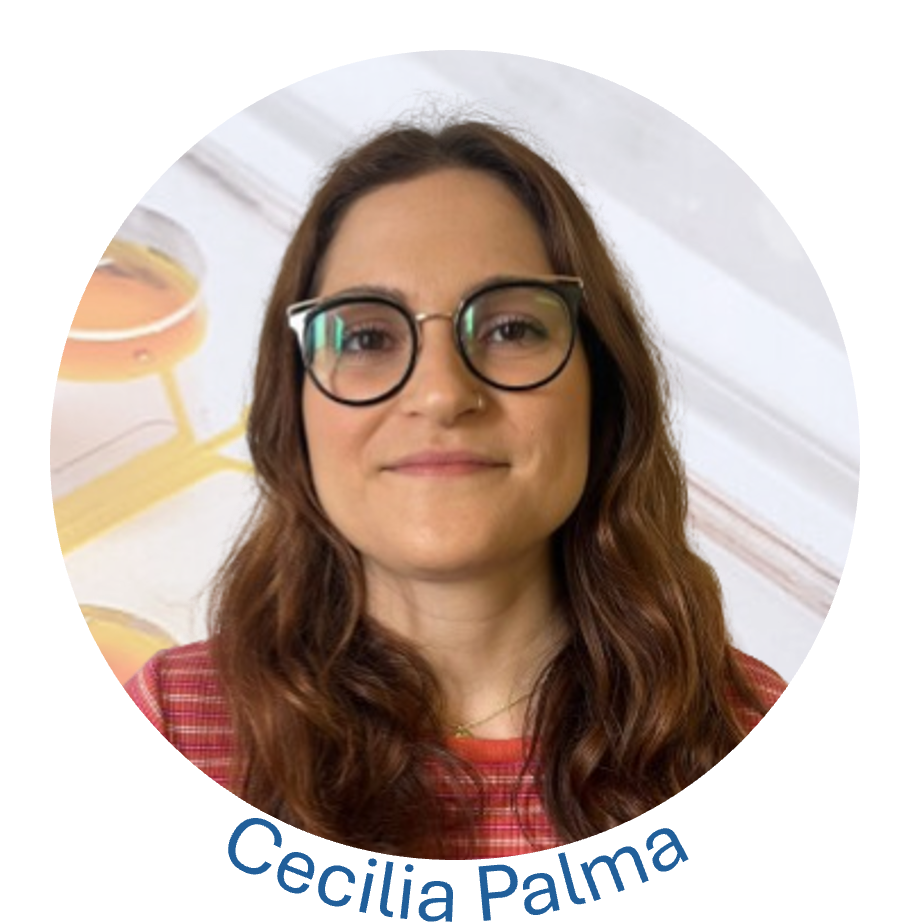
Cecilia Palma, PhD, Research Fellow
Cecilia Palma obtained her bachelor’s degree in Biomedical Engineering from Politecnico di Milano in July 2016, with a thesis focused on characterizing the mechanical behavior of magnetorheological fluids and exploring their potential applications in the biomedical field. She spent six months in Austria at the Technische Universität Graz through the Erasmus+ Program, where she expanded her knowledge in tissue engineering and biomaterials characterization. In October 2019, she earned her master’s degree in Biomedical Engineering from Politecnico di Milano. Her master’s thesis, conducted in collaboration with Ospedale San Raffaele, focused on developing compartmentalized microfluidic platforms for the in vitro reconstruction and manipulation of functional neuronal networks. From November 2019 to July 2024, she pursued a PhD in Bioengineering at Politecnico di Milano, working with the MiMic Lab group on the design, development, and validation of microfluidic devices to study mechanisms triggering joint disorders, in collaboration with Ospedale Galeazzi, Istituto Europeo di Oncologia and BiomimX® S.r.l. During her PhD, she also spent a period from October 2020 to December 2020 as a visiting PhD student at the Universitätsspital Basel (Switzerland) in Ivan Martin’s Tissue Engineering lab. Currently, she is a research fellow at MiMic Lab, where she is involved in project management activities.
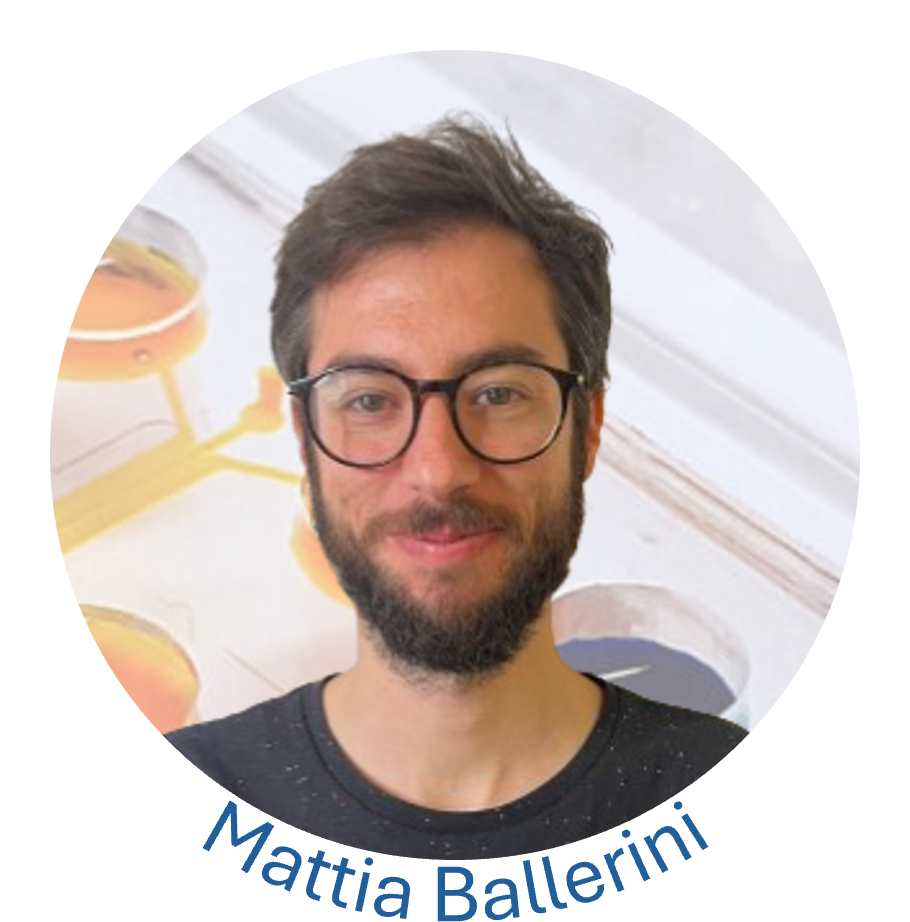
Mattia Ballerini, PhD, Research Fellow
Mattia Ballerini received his Bachelor’s degree in Biomedical Engineering from Politecnico di Milano in September 2014, with a thesis focused on characterizing the deformation field of a microfluidic device for uniaxial stretch applications. In April 2017, he earned his Master’s degree in Biomedical Engineering from the same institution, focusing on the design and development of a portable automated control system for programmable microfluidics, conducted at the MiMic Lab of Politecnico di Milano. After graduation, he worked as a contract researcher at Fondazione Centro San Raffaele, where he was part of a research team investigating the role of NF-kB dynamics in the interactions between Multiple Myeloma and stromal cells. In July 2022, he was awarded a Ph.D. cum laude in Bioengineering from Politecnico di Milano. His doctoral project, conducted at MiMic Lab in collaboration with the European Institute of Oncology, focused on developing a 3D mechanically active Gut-on-Chip platform to study the influence of the intestinal microbiome on carcinogenesis and the outcomes of immunotherapy. Currently, he is a Postdoctoral Fellow at the MiMic Lab of Politecnico di Milano, where he is developing innovative Organ-on-Chip platforms for various applications.
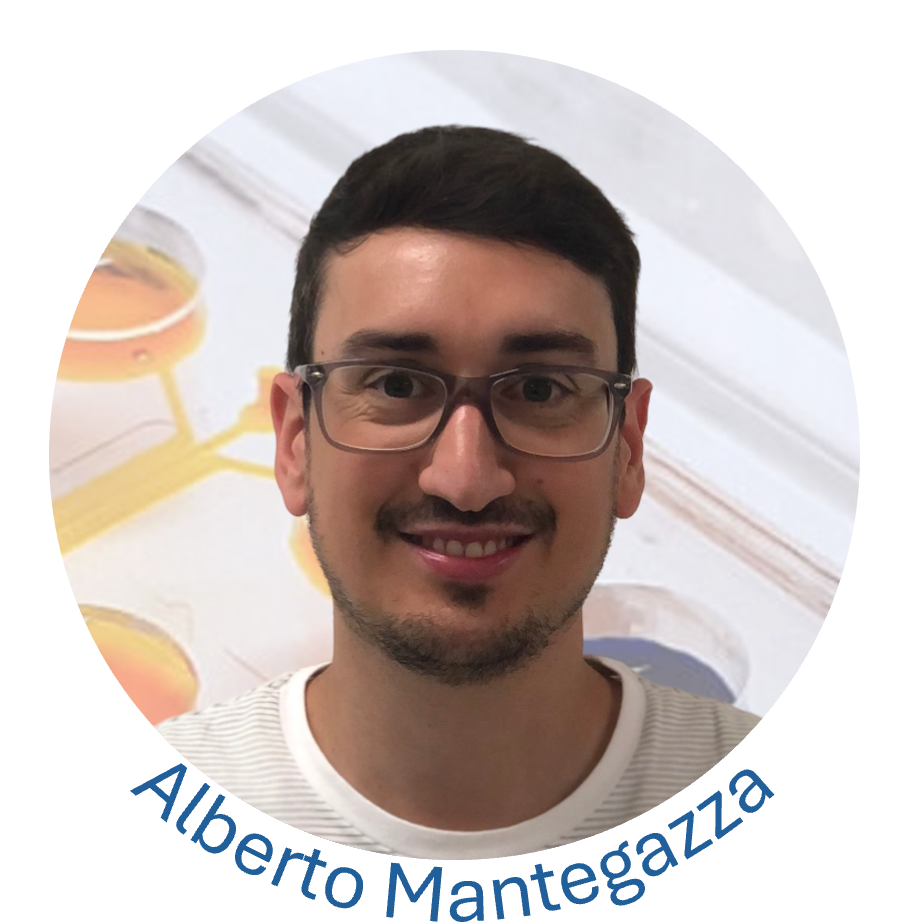
Alberto Mantegazza, PhD, Research Fellow
Alberto Mantegazza is a PoliMi B. Sc. and M. Sc. biomedical engineering graduate who joined the MiMic Lab at the Department of Electronics, Information and Bioengineering as postdoctoral fellow in 2024 to work on smart mechanically active Organs-on-Chip platforms. After receiving his Ph.D. in Biomedical Engineering from the University of Bern with a thesis titled “Experimental investigations of red blood cell partitioning in artificial microvascular networks”, he moved to the Penn State University where he worked on numerical modeling of red blood cell damage in medical devices. He later continued his research at Politecnico di Bari where he developed fluid-structure-interaction models based on Lattice-Boltzmann and Finite-Element methods to investigate the fluid-dynamics of red blood cells and capsules in microfluidic devices to target cell-sorting applications. His research interests lie at the intersection between Organs-on-Chip and microfluidic technology, hemodynamics at the microscale, experimental and computational fluid dynamics.
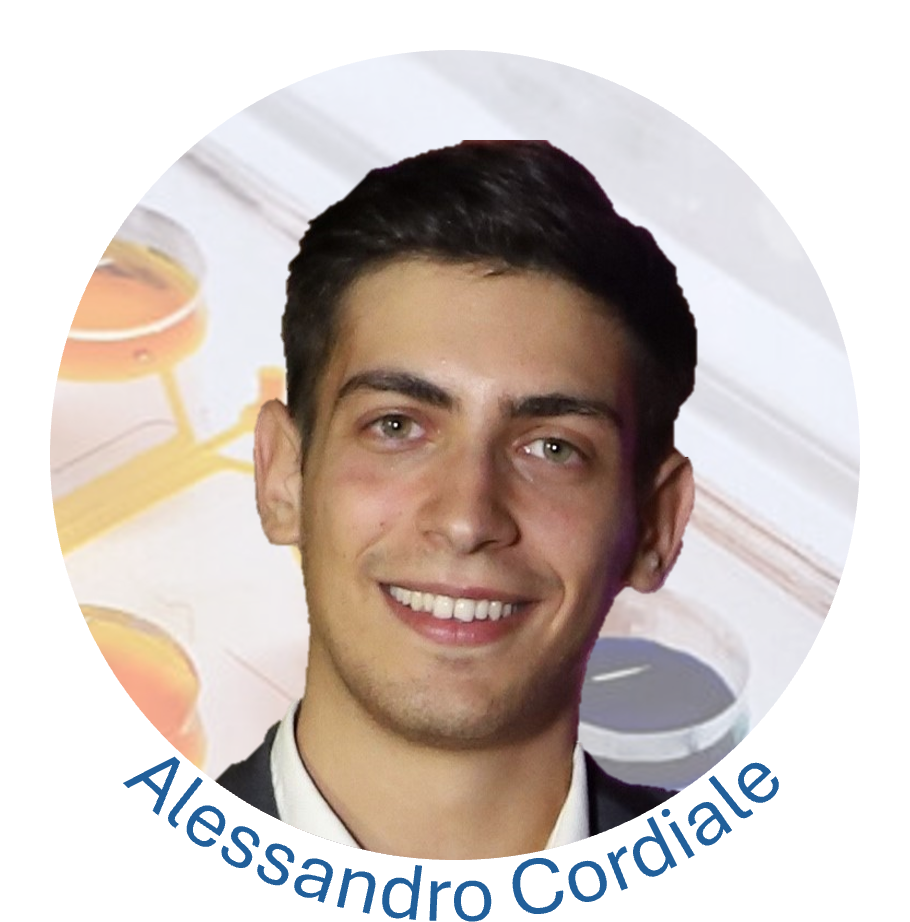
Alessandro Cordiale, MSc, PhD Candidate
Alessandro Cordiale is a Ph.D. candidate at the Microfluidics and biomimetic Microsystems Laboratory (MiMic Lab). He earned his bachelor (2018) and master (2021) degrees in biomedical engineering at Politecnico di Milano. His master thesis project was carried out at the Zentrum für Zahnmedizin of University of Zurich, and was focused on the design and validation of an organ-on-chip (OoC) to generate a 3D in-vitro model of dental pulp. After graduation, he was employed as a R&D engineer intern at BiomimX® S.r.l. and as a research fellow at MiMic Lab working on the design of electronic systems to control biological and mechanical culture parameters on OoCs. His current research activity is aimed at the development of microfluidic models of epithelial-endothelial barriers for drug discovery purposes.

Giacomo Cretti, MSc, PhD Candidate
Giacomo Cretti was born in 1997. He got his Bachelor’s degree in Materials and Nanotechnology Engineering in 2021 from the Politecnico di Milano. Right after he started the Master of Science in Biomedical Engineering at Politecnico di Milano, where he obtained his Master Degree in 2022 with a thesis in collaboration with Biomimx srl and NMI Natural and Medical Sciences Institute at the University of Tübingen. The aim of the work was to develop an advanced setup with integrated readouts for evaluation of cardiac toxicity in a heart on chip device. He is currently PhD student in Bioengineering at Politecnico di Milano. He works in the Microfluidics and biomimetic Microsystems Laboratory (MiMic Lab) and his research project aims at developing multi-organs microfluidic platforms encompassing models of colorectal cancer and lung among others. These platforms will be applied to disease modelling studies and to the evaluation of systemic drug effects.

Elisa Monti, MSc, PhD Candidate
Elisa Monti is a PhD candidate at the Microfluidic and Biomimetic Microsystems Laboratory (MiMic Lab). She earned her Master Degree in Biomedical Engineering at Politecnico di Milano in 2022, focusing her education on bioengieering applied to cells, tissues and biotechnologies. She worked during her master thesis at the MiMic Lab on the optimization of a multiorgan-on-chip platform for the investigation of drugs cardiotoxicity. During her experimental activities, she acquired numerical simulation skills, competences in microfluidic devices fabrication and cell laboratory activities. She is currently investigating the molecular correlation between mechanical overloads and the onset of osteoarthritis in a cartilage-on-chip model.
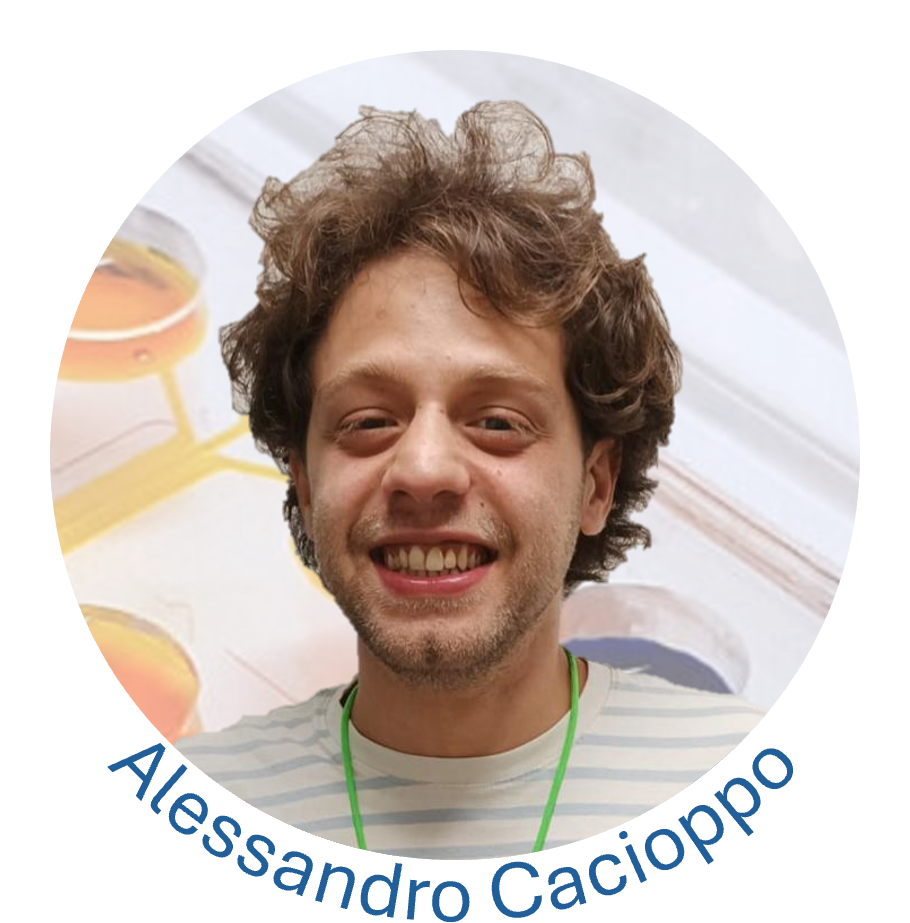
Alessandro Cacioppo, MSc, PhD Candidate
I am a biomedical engineer from Palermo with a strong academic background and extensive research experience in bioengineering and organ-on-chip technologies. I completed my bachelor’s degree in biomedical engineering at the University of Palermo, followed by a Master’s degree in Biomedical Engineering for Cells, Tissues, and Bioengineering at the Politecnico di Milano.
In my master’s thesis, I collaborated with the Mimic Lab at Politecnico di Milano and the Neurogenesis Unit at San Raffaele Hospital, under the guidance of Professor Matteo Rasponi and Vania Broccoli. My project focused on designing and biologically validating a device to study neuromuscular junctions on a chip.
I then completed a three-month internship at the University of Biomedical Engineering in Copenhagen in Professor Jenny Emneus’s lab, working on the differentiation of neurons from stem cells on 3D-printed epoxy resin-based materials.
Currently, I am pursuing a PhD in Biomedical Engineering at the Politecnico di Milano, focusing on developing advanced 3D models for studying the heart using organ-on-chip systems.
Throughout my journey, I have developed skills in biomedical device fabrication, stem cell culture, and 3D printing technologies. My goal is to advance bioengineering technologies, particularly organ-on-chip systems, to improve biomedical research and regenerative medicine.
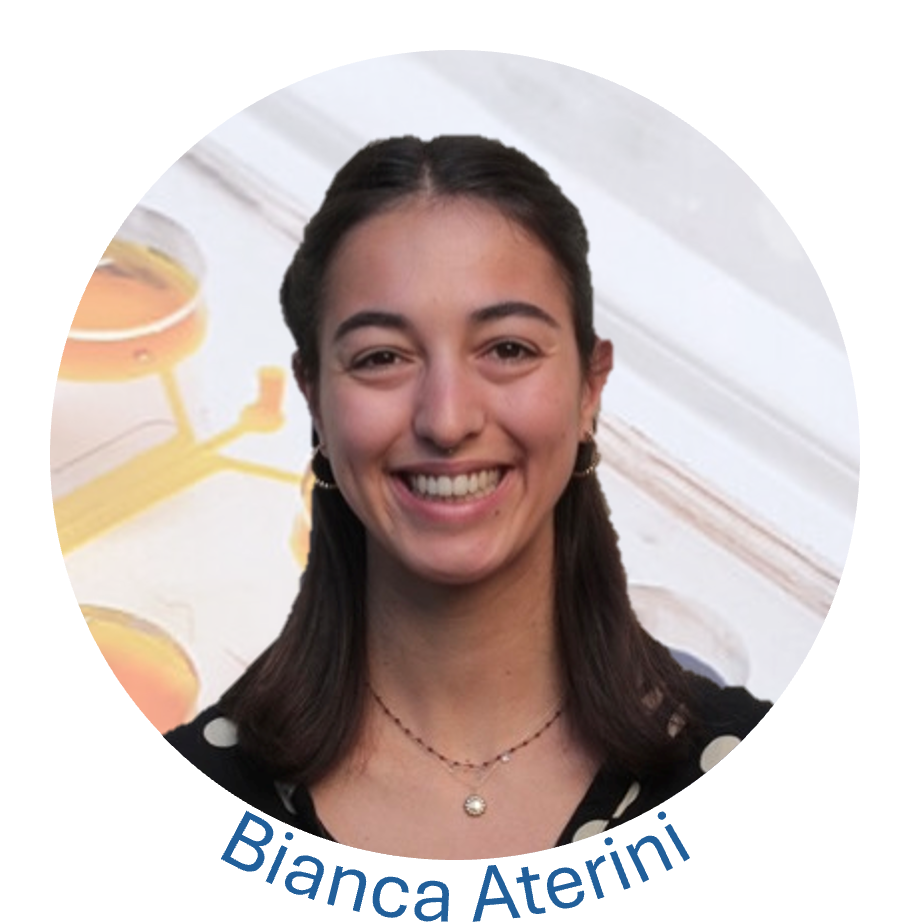
Bianca Aterini, MSc, PhD Candidate
Bianca Aterini is pursuing a Ph.D. at the Microfluidics and Biomimetic Microsystems Laboratory (MiMic Lab). In July 2020 she obtained her bachelor’s degree in biomedical engineering from the University of Pisa, where her thesis explored the simulation of biological neurons using Vanadium Dioxide circuits. She later received her master’s degree from the Politecnico di Milano in May 2023. Her thesis project aimed to develop and optimize a microfluidic device for assessing the migration and recruitment of different immune cell types involved in Rheumatoid arthritis and it was carried out in the MiMic Lab. Additionally, she spent three months at the Tissue Engineering Laboratory at the University Hospital of Basel in Switzerland as part of the Erasmus+ traineeship program, focusing on a project concerning Intervertebral Disc degeneration-on-chip. Currently, her research involves developing a model of a healthy alveolar-capillary barrier-on-chip to investigate the effects of atmospheric pollutants.

Teresa Lucifora, MSc, PhD Candidate
Teresa Lucifora is a Ph.D. candidate at the Microfluidics and biomimetic Microsystems Laboratory (MiMic Lab). She earned her master’s degree in biomedical engineering at Politecnico di Milano in May 2023. She carried out her master’s thesis as an Exchange Visitor at the Laboratory of the Center for Musculoskeletal Regeneration at the Methodist Research Institute in Houston (TX). The goal of her project was to design, synthesise via a microfluidic device and characterize tunable leukocyte-based biomimetic nanocarriers encapsulating AGI-6780, a mutant IDH2 inhibitor for the treatment of osteosarcoma. Her current research activity is aimed at developing a 3D human in vitro model of idiopathic pulmonary fibrosis in a Lung-on-a-Chip device.
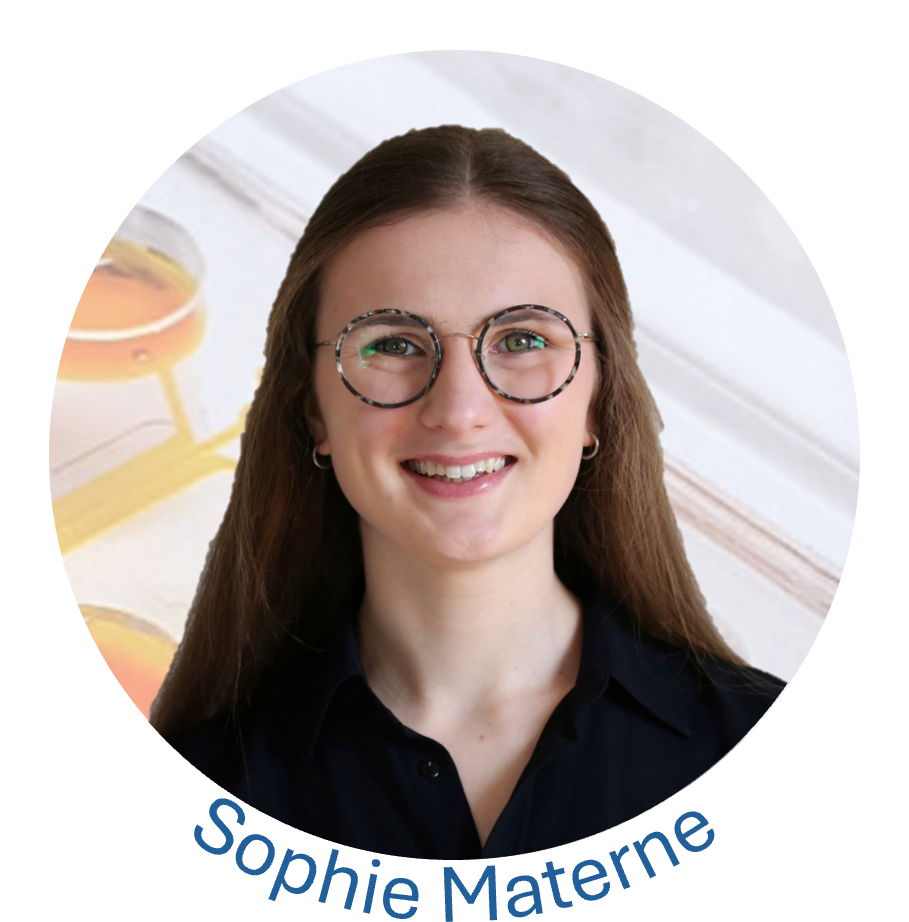
Sophie Véronique Materne, MSc, PhD Candidate
Sophie Materne is a PhD student at the Microfluidic and Biomimetic Microsystems Laboratory of Politecnico di Milano, whose project consists of developing advanced organ-on-chip tools for research on pathophysiological models. She earned her bachelor’s degree in Civil Engineering (major in biomedical and minor in mechanics) at Liège University in 2021, and then graduated from Liège University and Politecnico di Milano in 2024 with a T.I.M.E. double degree in Biomechanical Engineering. For her master’s thesis, she worked at the Istituto Nazionale dei Tumori di Milano as a fellowship medical modelling student and developed a mechanistic computational model of the microvasculature informed by patient-specific characteristics to assess radiotherapy outcomes.

Elia Pennati, MSc, PhD Candidate
Elia Pennati earned his bachelor’s degree in “Biomolecular sciences and technology” at the University of Trento. For his master’s degree in “Pharmaceutical Biotechnology”, he relocated to Bologna in 2019. In April 2021, Elia had the opportunity to join the Life Science Electronics Laboratory at École Polytechnique Fédérale de Lausanne, where he carried out his master’s thesis internship. During this period, he worked on a microfluidic lab-on-chip device to detect and quantify specific acute kidney injury biomarkers.
After spending a year in Switzerland, Elia moved to Milan, where he held an 18-month fellowship in a laboratory at San Raffaele Hospital. There, he consolidated his biotechnological skills working on a project on pancreatic ductal adenocarcinoma.
In May 2024, he joined the MiMic Laboratory of Politecnico di Milano as PhD candidate. His PhD project involves the use of a bone marrow-on-chip microfluidic device for early detection of lung cancer relapses.





